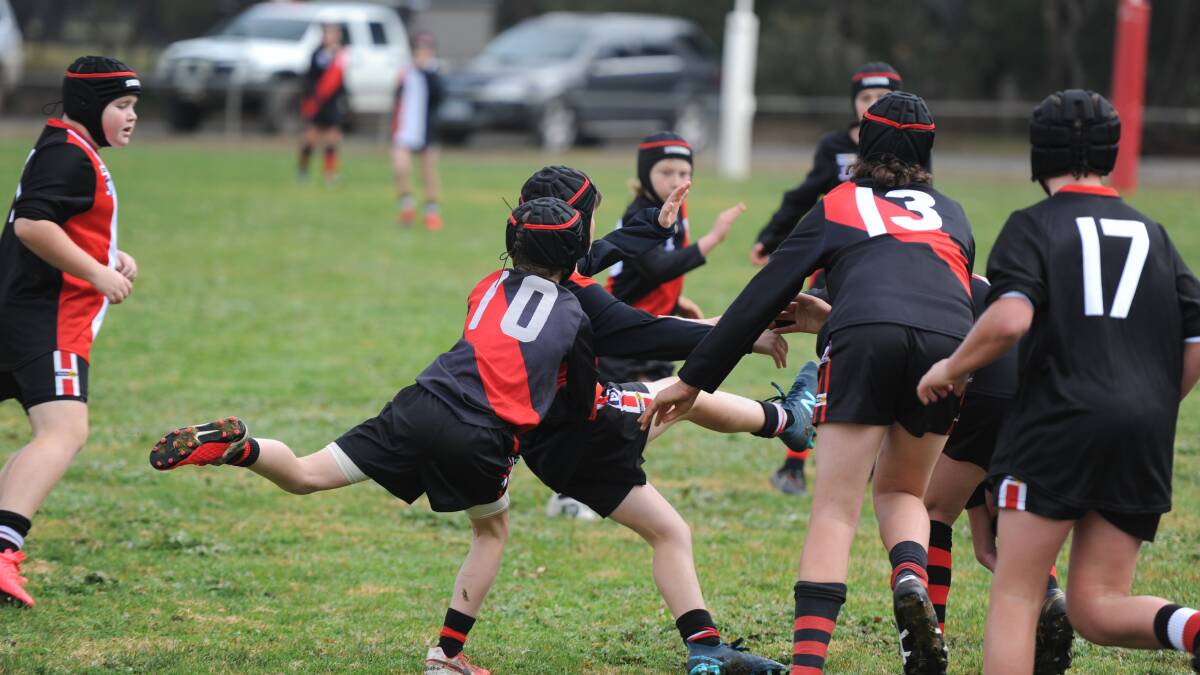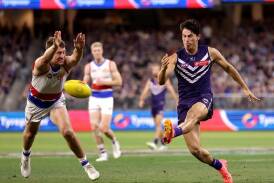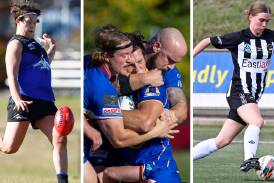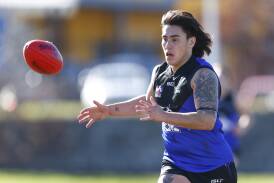
New concussion research is set to reignite debate about how to best protect children from the affects of head knocks, with new data revealing a startling impact on the ability to finish school after injury.
Subscribe now for unlimited access.
$0/
(min cost $0)
or signup to continue reading
Macquarie University will publish research on Wednesday which it says shows children who suffer from concussion are more likely to have poorer performances at school.
Described as "world-first research", hospitalisation data has been checked against national literacy and numeracy tests as part of an international peer-reviewed journal.
Sporting bodies and competitions have been working for years to develop safety standards for senior and junior players, including scrapping tackling in junior rugby league, "size for age" decisions in rugby union and less headbutt training for soccer.
Now the Macquarie University team - led by Reidar Lystad - will back up the concerns of many parents who have become wary of the risk of concussion in junior sports.
It says children who suffer concussion are 77 per cent more likely to not complete year 12 compared to their peers, and one in eight children will experience concussion by the time they are 18 years old.
The study period examined hospital admissions in NSW between 2005-2018.
"We also know that poor school performance or leaving school early can also lead to difficulties securing employment in later life," Lystad said.
MORE CANBERRA SPORT
"We don't want children to stop playing sport or being adventurous, but there is a need to implement evidence-based return to school protocols and ensure that young people with concussion have access to multidisciplinary healthcare services, so they can recover without falling behind."
Canberra competitions have been adjusting in recent years in an attempt to protect players while at the same time making sure participation numbers remain high.
Elite sports have introduced return-to-play protocols and stricter measures for during and after games for any players who suffer head knocks.
But community leagues have less oversight and symptoms in children can be harder to recognise.
To combat that, ACT Rugby Union introduced a blue card for concussion and has a size for age policy in junior competitions where players can move up or down divisions if they meet the requirements as well as looking at adjusting the tackle-height laws.
Canberra Region Rugby League has banned tackling in the early stages of the under-six competitions to increase player safety.
The changes - which includes in some competitions no longer keeping score - have sparked outrage amongst some and relief amongst others.
The Macquarie University study used NSW hospital admission data and NAPLAN results before coming to the conclusion that concussion adversely affects learning outcomes.
"These poorer education outcomes for children who sustain a concussion are due, in part, to cognitive and behavioural changes that negatively impact their ability to learn," Lystad said.
"These changes can also last for a longer period of time than many people might expect, meaning support is required for an extended period of time."
We've made it a whole lot easier for you to have your say. Our new comment platform requires only one log-in to access articles and to join the discussion on The Canberra Times website. Find out how to register so you can enjoy civil, friendly and engaging discussions. See our moderation policy here.










